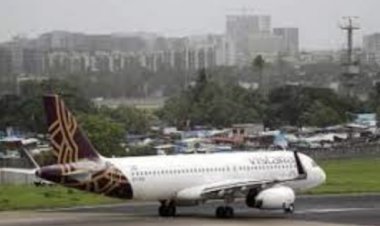Trade between India and Bangladesh has been halted for the second day in a row due to violence; but people continue to move
Indo-Bangla Trade: Trade between India and Bangladesh through the ports of West Bengal remained stalled for the second consecutive day on Monday. However, officials say that a fixed number of passengers are still moving.
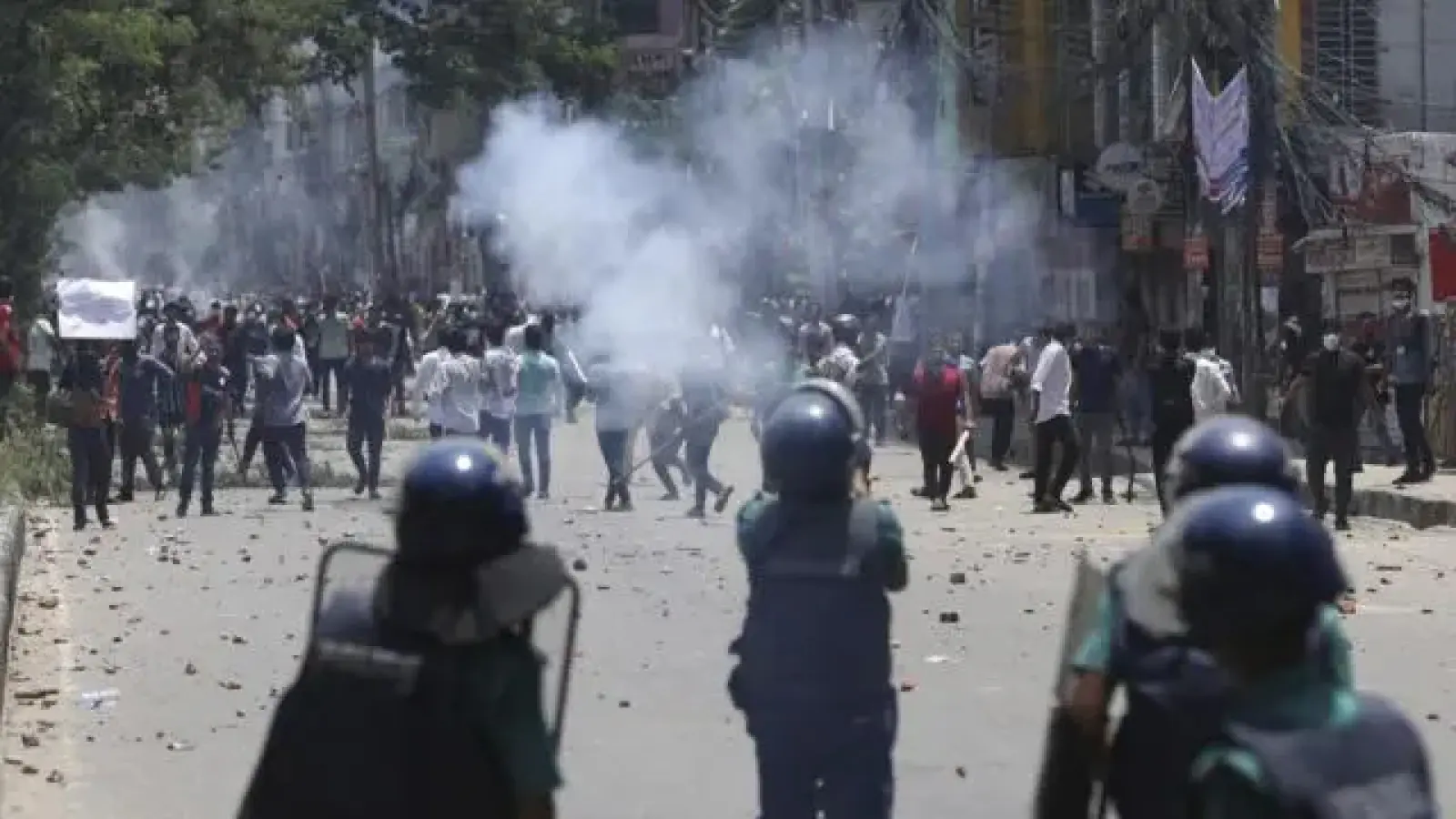
Violence is still going on in Bangladesh and it is also affecting the trade. Trade between India and Bangladesh through the ports of West Bengal remained stalled for the second consecutive day on Monday. However, officials say that a fixed number of passengers are still moving. On the other hand, the wheels of trucks carrying goods from Petrapole port of Bangladesh have also stopped since Sunday. Due to violent incidents in Bangladesh, the government has declared a holiday. All services except emergency services have been banned for the time being.
Petrapole port is located in Bangaon in North 24 Parganas district. This port is one of the largest ports in South Asia. This port plays an important role in trade between India and Bangladesh. On normal days, hundreds of cargo trucks pass through here every day. Indian official Kamlesh Saini at Petrapole port says that trade has been stopped for the time being. However, the movement of people, especially students, continues. He said that so far more than 700 students have reached Petrapole port.
Kamlesh Saini further said that so far more than 4,500 Indian students have been repatriated from Bangladesh. More than 100 people have died due to violence in Bangladesh. The last trade activity was seen at Petrapole Port on Saturday. During that time 110 cargo trucks were sent from Bangladesh to India. Apart from this, 48 cargo trucks were sent from India to Bangladesh. Officials said that at present the wheels of 800 trucks are stuck at Petrapole port.
Bangladesh got independence in the year 1971. The reservation system has been in force in Bangladesh since independence. Under this, there was a provision of 30 percent reservation for children of freedom fighters; 10 percent for the youth from backward districts of the country; 10 percent for women; 5 percent for minorities; and 1 percent for the disabled. It means 56 percent reservation in government jobs in Bangladesh. In the year 2018, the youth of Bangladesh protested against this reservation. After some month-long protests, the Bangladesh government announced the abolition of the reservation. Last month on June 5, the Supreme Court of Bangladesh ordered to implementation old reservation system again in that country. The Sheikh Hasina government also filed an appeal against the verdict of the Supreme Court. The Supreme Court upheld the order, and this angered the students, leading them to protests. This protest, which started from the universities in Bangladesh, has now turned into increasing violence.
For Latest News update Subscribe to Sangri Today's Broadcast channels on Google News | Telegram | WhatsApp

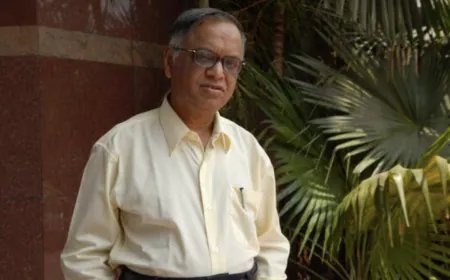
































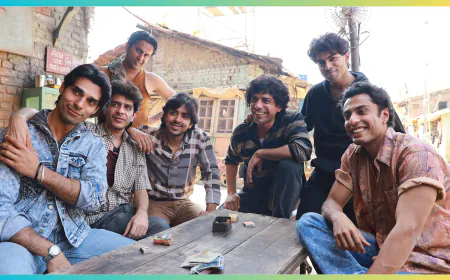


.jpeg)






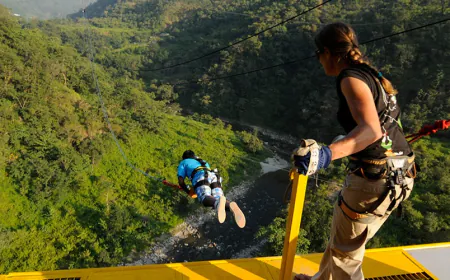


















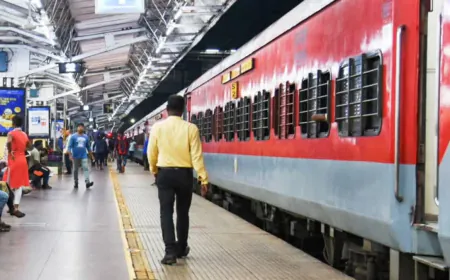
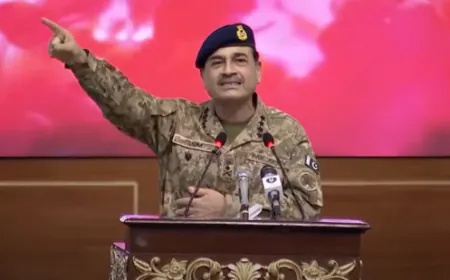
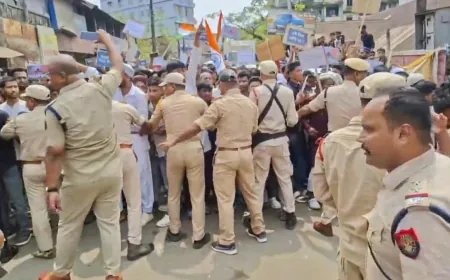













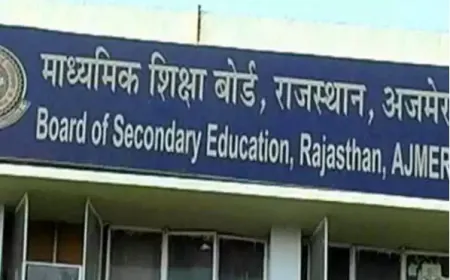
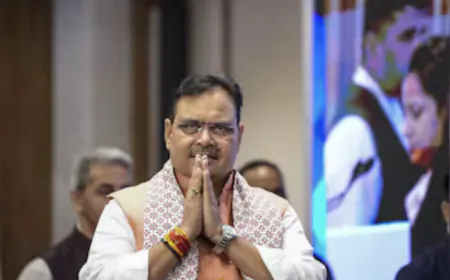
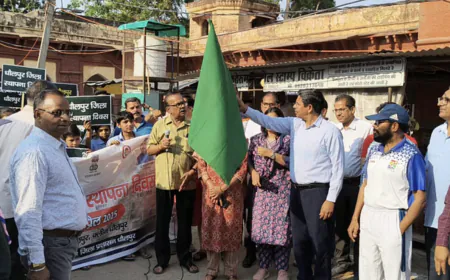
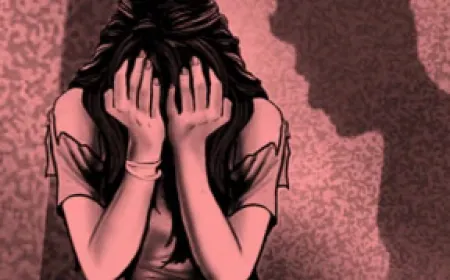
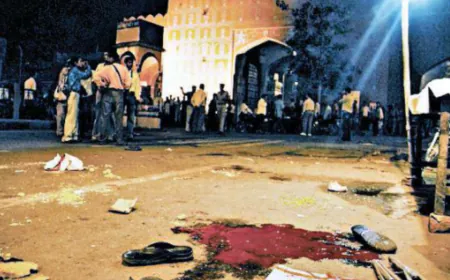
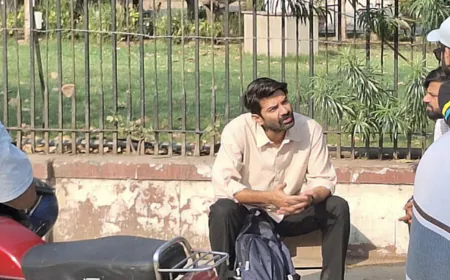











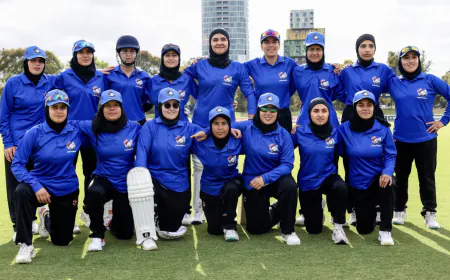

















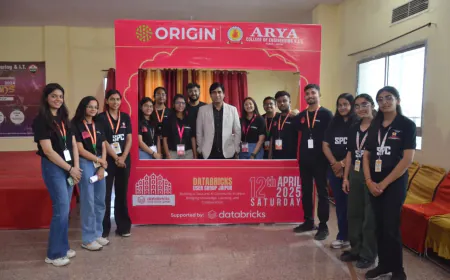


.jpeg)



